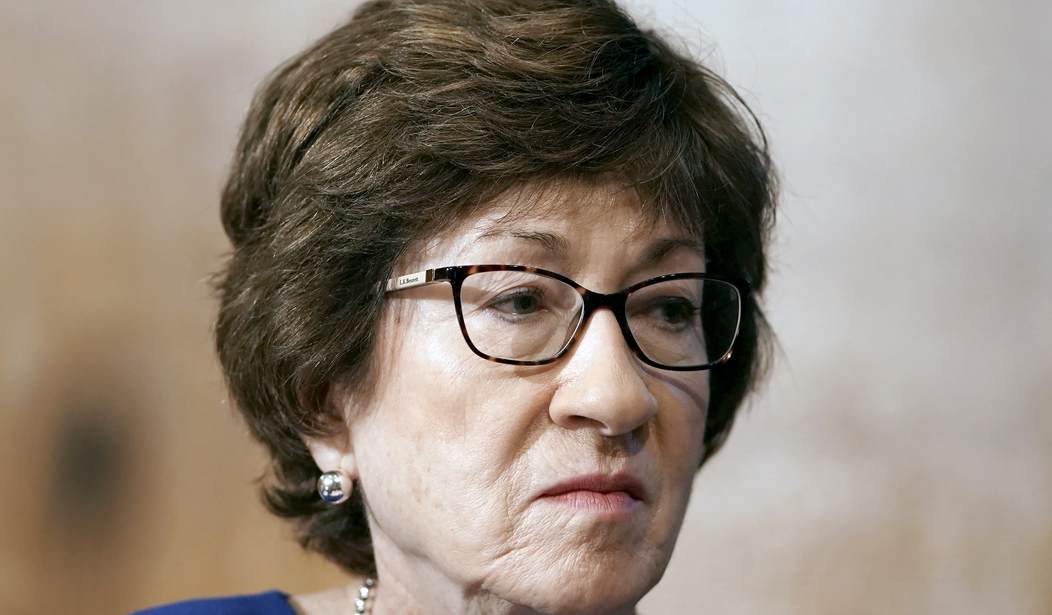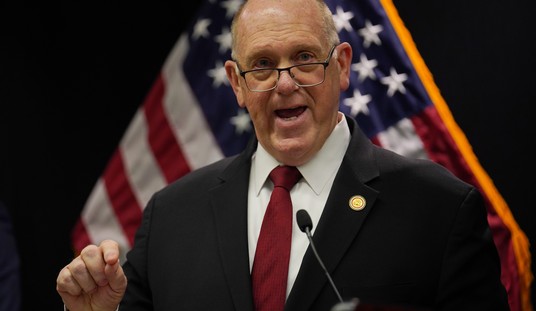Senator Susan Collins (R-Maine) told the New York Times that she sees an “erosion of any boundaries” that is setting the stage for political violence. Angry phone calls to lawmakers now shift into real threats and acts of violence. She cited her own personal experiences recently in describing a constant escalation in today’s politically divisive atmosphere. She said someone is going to get killed.
“I wouldn’t be surprised if a senator or House member were killed,” Collins told the newspaper. “What started with abusive phone calls is now translating into active threats of violence and real violence.”
Angry calls to lawmakers’ offices are nothing new in Washington, but Collins is one of many elected officials who experienced an inundation of violent threats in recent months amid an increasingly divisive political environment.
An unknown visitor recently smashed a storm window at her home in Bangor, Maine, the Times reported. Others have visited her home to peacefully protest, although Collins still called the police on at least one occasion.
“There’s been a sea change in that we now see this constant escalation and erosion of any boundaries of what is acceptable behavior, and it has crossed over into actual violence,” Collins told the Times.
In May, pro-abortion protesters stood outside her home in Maine Though there were no reports of violence, the protesters left chalk drawings on the sidewalk. Collins called the police to report “defacement of public property”. Local police have advised her to report anything unusual.
The New York Times article points a finger at Trump for an increase in political violence and threats.
In the five years after President Donald J. Trump was elected in 2016 following a campaign featuring a remarkable level of violent language, the number of recorded threats against members of Congress increased more than tenfold, to 9,625 in 2021, according to figures from the Capitol Police, the federal law enforcement department that protects Congress. In the first quarter of 2022, the latest period for which figures were available, the force opened 1,820 cases. If recent history is any guide, the pace is likely to surge in the coming weeks as the election approaches.
Despite the torrent of threats, few cases result in arrest. A spokesman for the Capitol Police said officers have made “several dozen” arrests — but fewer than 100 — in response to threats against members of Congress over the last three years, adding that the majority come from people with mental illness who are not believed to pose an immediate danger.
“The goal is to de-escalate this behavior,” said Tim Barber, the spokesman. “Most of the time getting mental health treatment may be more successful than jail in order to keep everyone safe. When we don’t believe that is plausible, or the threat is serious and imminent, we make an arrest.”
Political violence isn’t new, of course, and there will always be individuals who suffer from mental illness. JFK was assassinated. In 1998, two Capitol Hill policemen were killed by a gunman as he ran toward the office suite of then-Majority Whip Tom DeLay. In 2011, a gunman shot Representative Gabrielle Giffords in a grocery store parking lot as she met with constituents on a Saturday morning, although that turned out to be unrelated to politics. House Minority Whip Steve Scalise almost died from gunshot wounds when a Bernie bro opened fire during a Congressional baseball game practice. He was specifically hunting Republicans. January 6 rioters were on the hunt for Democrats like Nancy Pelosi, as well as then-Vice-President Pence.
Elected officials contribute to the divisive atmosphere. Chuck Schumer ranted that conservative Supreme Court justices “would pay” for their ruling on Dobbs. A man was arrested outside Justice Kavanaugh’s house for threatening Kavanaugh’s life. Pro-abortion protesters now protest in front of the homes of Supreme Court justices, though it is against federal law. Local police do not arrest them.
I saw a post on Trump’s Truth Social platform that criticized Mitch McConnell for allegedly going along with Democrats to pass spending bills – the continuing C.R. to fund the government through the end of the year, for example. He took his criticism further and said that McConnell has a “death wish.” And Trump mocked McConnell’s wife, Elaine Chao, who was a member of his own cabinet. He delivered a racist slur toward her. Trump called her “his China loving wife, Coco Chow.” She was born in Taiwan. She served as the Trump administration’s secretary of transportation. I point this out not because this is unusual behavior for Trump but because at a time like this, with five weeks to the midterm elections in November, Trump should show leadership and help unite the party so that the red wave flourishes. Instead, this divisive post riles up base supporters and reminds Republican and independent voters why they don’t want Trump to run again in 2024.
Susan Collins making headlines about not being surprised if a lawmaker is killed doesn’t help, either. Members of both parties hire extra security to protect them. Senator Raphael Warnock (D-GA) has spent the most on security. He has spent $900,000 since being sworn in in 2021. Senator Ted Cruz (R-TX) is the second highest spender at $600,000.
It is relatively new how emboldened protesters feel toward showing up at personal residences and in public spaces to make their discontent known. It was rare for that to happen until the days of the Trump administration when The Resistance thought it was ok to try to run off members of the administration from restaurants or other public places. That had not been seen before, even during the divisive Obama administration.
Capitol Police notify members of Congress of what they deem to be serious threats.
According to the Capitol Police, the department follows the Supreme Court definition of a threat, which is “statements where the speaker means to communicate a serious expression of an intent to commit an act of unlawful violence to a particular individual or group of individuals.”
The force declined to disclose how it decides which members get additional protection.
In the meantime, politicians and their supporters should lower the temperature of the rhetoric. Political violence is as old as democracy itself. There is plenty of blame to go around.








Join the conversation as a VIP Member